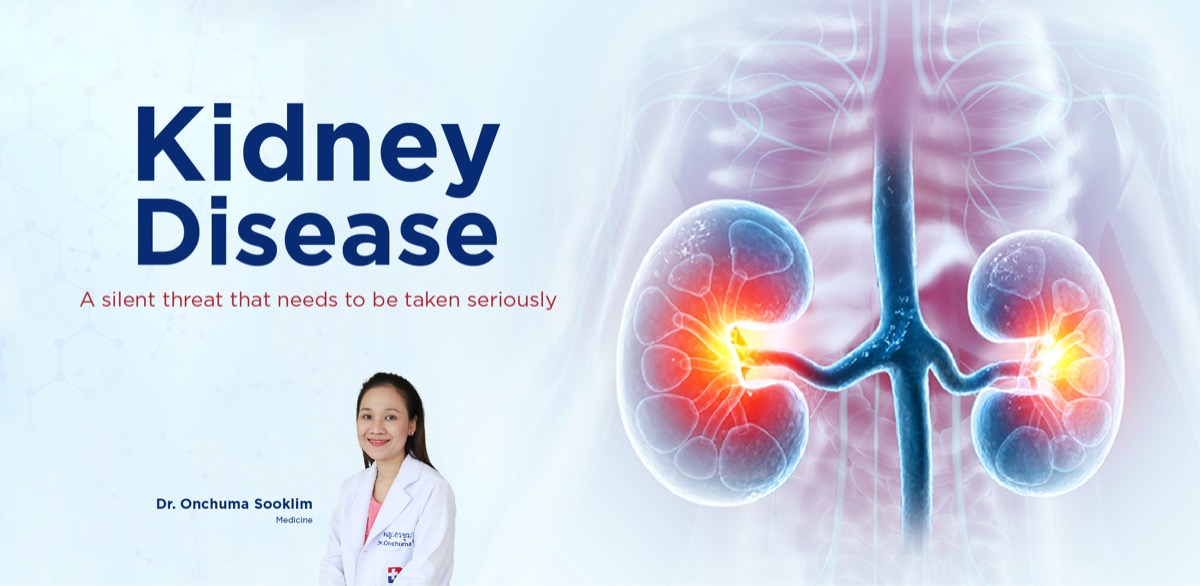
Treatment for kidney disease depends on its cause and severity as follows:
- Acute kidney disease: Common causes of acute kidney disease are dehydration, infection, or toxin exposures. Treatment for acute kidney disease is symptomatic and focuses on the underlying cause. Examples of such treatment include stopping drug or substance use that has adverse effects on the kidneys, giving fluids to prevent dehydration, and using antibiotics to treat infection.
- Chronic kidney disease: Common causes of acute kidney disease are diabetes, high blood pressure, nephritis or genetic disorders. Treatment for chronic kidney disease focuses on slowing down loss of kidney function and treating complications such as high blood pressure, edema, acidosis, anemia, osteoporosis, etc. Common treatment methods for chronic kidney disease are as follows:
- Symptomatic treatment: Diuretics, antihypertensives, antidiabetics, antianemics, bone-strengthening medications, etc. are often used in symptomatic treatment of acute kidney disease.
- Behavior modification: Patients should modify their lifestyle behaviors such as diet control, refraining from salty foods, refraining from smoking, exercising regularly, and not buying medicines without consulting doctor.
- Drug treatment: Depending on its cause and severity, the medicines used in treatment of kidney disease are as follows:
- Antihypertensives to control blood pressure, which slows down loss of kidney function.
- Antidiabetics to control blood sugar levels, which slows down loss of kidney function.
- Antianemics to increases the number of red blood cells and reduce fatigue.
- Bone-strengthening medications to strengthen bones, which reduces the risk of fractures.
- Hemodialysis: Hemodialysis is renal replacement used in patients with end-stage kidney disease. In this procedure, blood is removed from the body into a dialyzer, which filters the blood. The filter removes the waste and extra fluid from the blood. The cleaned blood is then pumped back into the body. Patients with end-stage kidney disease require 2-3 sessions of hemodialysis a week.
- Kidney transplantation: Kidney transplantation is a permanent renal replacement therapy where a kidney from a healthy donor is transplanted into patient with end-stage kidney disease. It is the most effective treatment for patient with end-stage chronic kidney disease.
If you have symptoms of kidney disease, you should consult a doctor immediately to receive the right treatment.






